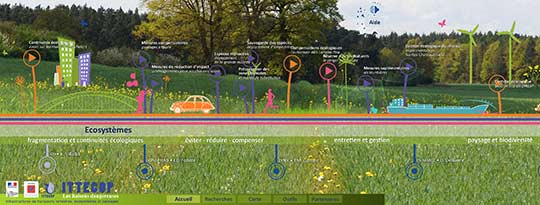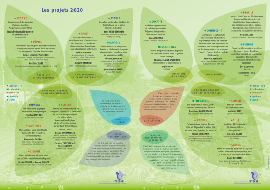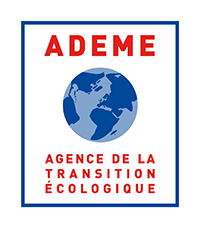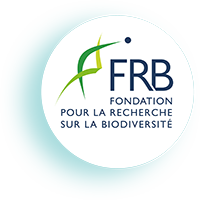[2016] Application of « energy-conscious design » principles in planning and design: new sustainable energy landscapes
- [2016] Application of « energy-conscious design » principles in planning and design: new sustainable energy landscapes
The research project is part of the current debate on energy transition based on the belief that this energy transition also generates a landscape transition given the strong relationship that has always linked energy management and spatial planning. The landscape is considered here as a living environment in which man lives, as perceived and designed by the population, and produces the interaction of human and natural factors. The concept of landscape, which is also attached to a project category, may have a central role in the transition process as a basis for decision-making and syntheses of knowledge.
In this context, research subjects are projects advocating the use and reasoned production of energy [energy conscious planning and design] in the context of the current energy transition; it is a question of analyzing how the landscape and the spatial planning are taken into account and what are the factors of transformation. The role of landscape designers and designers is also explored.
The framework of analysis is developed on the basis of different "energy conscious concepts" that have been developed to advance a reflection about the linear "produce-consume-discard" of our society and that can inform energy strategies with spin-offs. on spatial planning such as urban metabolism, circular economy, cradle to cradle and industrial and territorial ecology.
The research considers case studies in France and the Netherlands, nations engaged in energy transition processes and with a long tradition in landscape architecture, but with differences that allow to put into perspective certain dimensions of the analysis.
The method is subdivided into three stages. First, it is based on a bibliographic analysis on the notion of energy landscape, on public policies linking sustainable energy management and development in both countries and on "energy conscious concepts" to define a reading grid for field studies. . Then a survey is conducted among French and Dutch landscapers to investigate the issues that link their practice and the reasoned or sustainable management of energy. Thirdly, the research is based on the analysis of two case studies in France (TEPOS) and one in the Netherlands on a territorial scale. The analysis of the study areas is conducted through field visits, analysis of design documents and semi-structured interviews with the different project stakeholders.
The results of the thesis are addressed to the scientific world by contributing to the debate on the energy transition and its spatial and landscape component. They will also address the professional world: the approach on this subject can notably find an application in the decision-making processes, in the formulation of the instruments of planning of the territory.












